2020 Riesling, Auslese**, Bernkasteler Lay, Markus Molitor, Mosel, Germany (White Cap)
Critics reviews
12% stated alcohol. Natural cork.
The 2020 Riesling Bernkasteler Lay Auslese ** (White Capsule) is pure, refined and fresh on the precise and concentrated but bright and shining, transcendental nose that is intense and ripe but doesn't show any tropical fruit aromas. Crystalline, highly refined and saline on the palate, this is a rich and very intense Riesling whose electric acidity takes all the weight and concentration up a steep flight to heaven, where the wine flies possibly forever like a satellite around the globe. The finish is so juicy, so saline and so precise that one can't leave the glass without a sense of wonder. So much finesse and intensity in one glass?
Drink 2030 - 2070
Stephan Reinhardt, Wine Advocate (August 2022)
Plenty of white fruit in the nose and nice, citrusy freshness, but this is a bit shy on the palate. Tight and highly structured with a cool herb and slate finish. Try to be patient, because this one has so much to give if you can wait.
Drinkable now, but best from 2023.
James Suckling, JamesSuckling.com (November 2022)
About this WINE
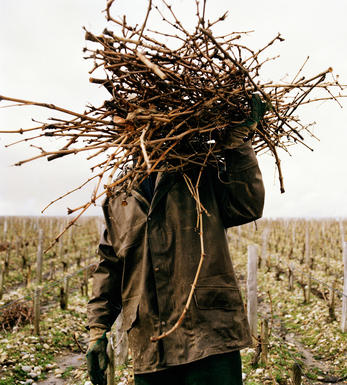
Markus Molitor
The Molitor family has been producing wine in the Mosel for more than 8 generations.
Markus Molitor is the present owner and winemaker and he now has 22 hectares of vineyard, with holdings in Wehlener Sonnenuhr, Urziger Würzgarten, Graacher Himmelreich and Bernkasteler Badstube. His substantial holding in Zeltinger Sonnenuhr is the jewel in the estate`s crown.
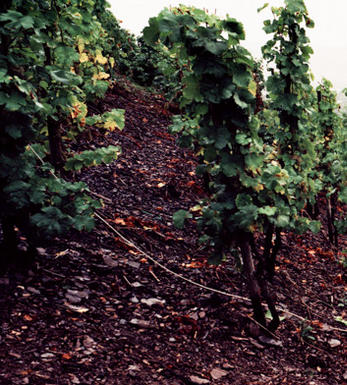
Mosel
The Mosel wine region in Germany is renowned for its high-quality white wines, especially Riesling. Its unique terroir of steep slopes, slate soils, and cool climate contributes to the wines' distinctive character.
Riesling dominates the vineyard plantings, and the region follows a vineyard classification system based on ripeness levels. Historic vineyards, such as Erdener Prälat and Wehlener Sonnenuhr, produce exceptional wines.
The Mosel offers various styles, from crisp Kabinett and rich dessert wines. The region's wine culture is celebrated through multiple festivals, making it a must-visit destination for wine enthusiasts.
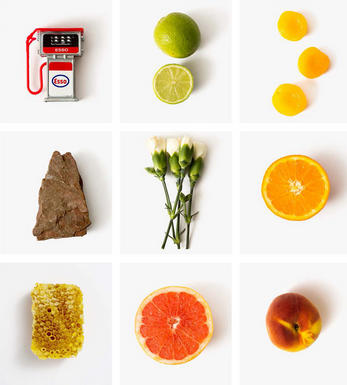
Riesling
Riesling's twin peaks are its intense perfume and its piercing crisp acidity which it manages to retain even at high ripeness levels.
In Germany, Riesling constitutes around 20% of total plantings, yet it is responsible for all its greatest wines. It is planted widely on well-drained, south-facing slate-rich slopes, with the greatest wines coming from the best slopes in the best villages. It produces delicate, racy, nervy and stylish wines that cover a wide spectrum of flavours from steely and bone dry with beautifully scented fruits of apples,apricots, and sometimes peaches, through to the exotically sweet flavours of the great sweet wines.
It is also an important variety in Alsace where it produces slightly earthier, weightier and fuller wines than in Germany. The dry Rieslings can be austere and steely with hints of honey while the Vendages Tardives and Sélection de Grains Nobles are some of the greatest sweet wines in the world.
It is thanks to the New World that Riesling is enjoying a marked renaissance. In Australia the grape has developed a formidable reputation, delivering lime-sherbet fireworks amid the continental climate of Clare Valley an hour's drive north of Adelaide, while Barossa's Eden Valley is cooler still, producing restrained stony lime examples from the elevated granitic landscape; Tasmania is fast becoming their third Riesling mine, combining cool temperatures with high UV levels to deliver stunning prototypes.
New Zealand shares a similar climate, with Riesling and Pinot Gris neck to neck in their bid to be the next big thing after Sauvignon Blanc; perfectly suited is the South Island's Central Otago, with its granitic soils and continental climate, and the pebbly Brightwater area near Nelson. While Australia's Rieslings tend to be full-bodied & dry, the Kiwis are more inclined to be lighter bodied, more ethereal and sometimes off-dry; Alsace plays Mosel if you like.


Buying options
Add to wishlist
Description
12% stated alcohol. Natural cork.
The 2020 Riesling Bernkasteler Lay Auslese ** (White Capsule) is pure, refined and fresh on the precise and concentrated but bright and shining, transcendental nose that is intense and ripe but doesn't show any tropical fruit aromas. Crystalline, highly refined and saline on the palate, this is a rich and very intense Riesling whose electric acidity takes all the weight and concentration up a steep flight to heaven, where the wine flies possibly forever like a satellite around the globe. The finish is so juicy, so saline and so precise that one can't leave the glass without a sense of wonder. So much finesse and intensity in one glass?
Drink 2030 - 2070
Stephan Reinhardt, Wine Advocate (August 2022)
wine at a glance
Delivery and quality guarantee